Understanding Tax Deductions
Tax deductions are specific expenses or investments that individuals and businesses can use to lower their taxable income. By strategically utilizing these deductions, taxpayers can effectively reduce the amount of tax they owe to the government. It's important to note that tax deductions vary based on the category of taxpayers—individuals, businesses, or specific industries.
Section 1: Tax Deductions for Individuals
- Standard Deduction:The standard deduction is a fixed deduction that individuals can claim from their total income, irrespective of the expenses they incur. Introduced to provide relief to salaried individuals, it's available to both employees and pensioners. Standard deduction of Rs. 50,000 is available to taxpayers currently.
- Section 80C: Under this section, individuals can claim deductions for investments in various financial instruments such as Employee Provident Fund (EPF), Public Provident Fund (PPF), National Savings Certificate (NSC), and Equity-Linked Savings Scheme (ELSS). The maximum limit for deduction under this section is ₹1.5 lakh.
- Section 24(b): Individuals can claim deductions on the interest paid on home loans under this section. For a self-occupied property, the maximum limit is ₹2 lakh.
- Section 80D: This deduction pertains to medical insurance premiums paid for self, family, and parents. It's a great way to reduce tax liability while ensuring financial security for healthcare needs.
- Section 80E:Individuals, who have taken education loans for higher studies, whether for themselves, their spouse, or children, can claim a deduction on the interest paid on the loan under Section 80E.
Section 2: Tax Deductions for Businesses
- Section 10AA: For businesses operating in Special Economic Zones (SEZs), a deduction of 100% of profits for the first five years and 50% for the next five years is available. This aims to promote exports and boost economic growth.
- Section 35(2AB): Businesses engaged in scientific research and development can claim a deduction of 150% on the expenses incurred for eligible research activities. This encourages innovation and technological advancement.
- Startup Expenses:Startups can deduct up to a certain limit for the expenses incurred before their active business operations begin. This deduction helps new businesses offset initial setup costs.
Section 3: Industry-Specific Deductions
Certain industries are granted unique deductions to support growth and development in those sectors.
- Section 80IA: Businesses operating in infrastructure development, such as roads, bridges, and power plants, can claim deductions of up to 100% of profits for a specific period.
- Section 80IB: This deduction applies to businesses engaged in developing affordable housing projects, offering incentives to boost the housing sector.
- Section 80IC:Businesses engaged in developing, operating, and maintaining industrial parks can claim deductions.
- Section 80IE:Businesses located in the northeastern states of India and engaged in manufacturing or production of specified goods are eligible for deductions.Top of Form

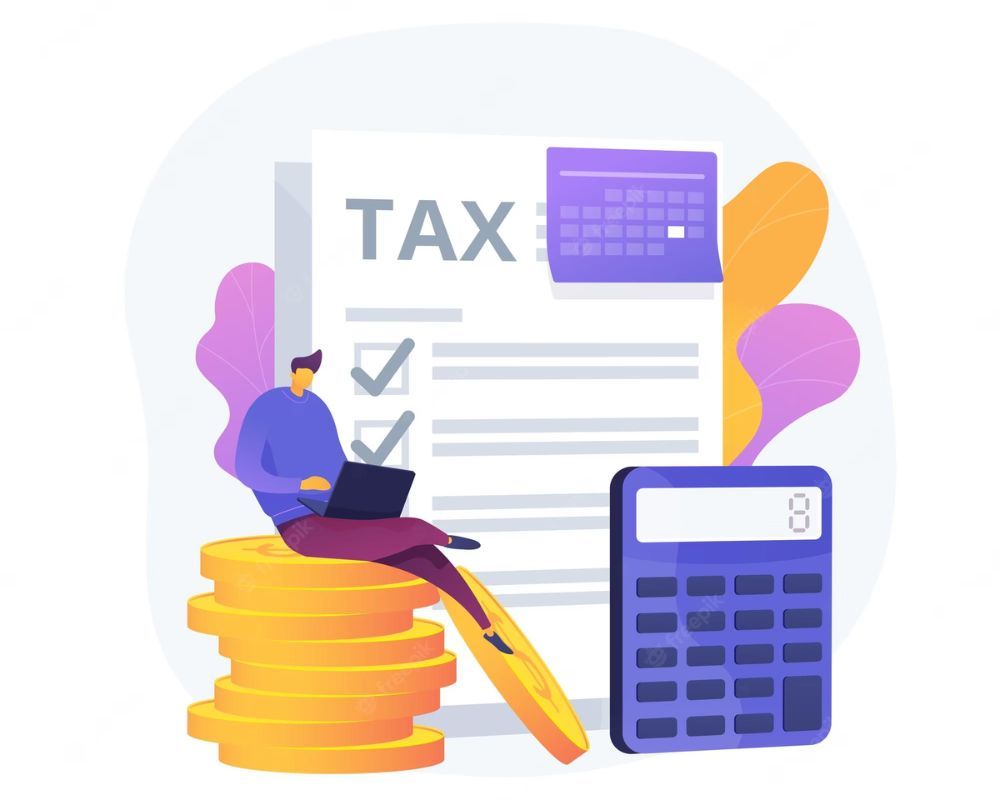

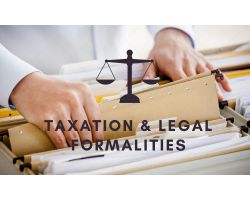
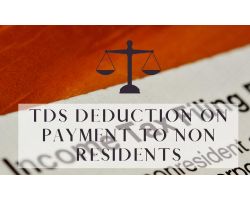
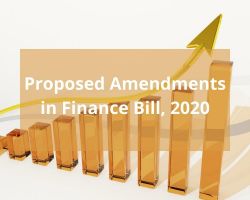

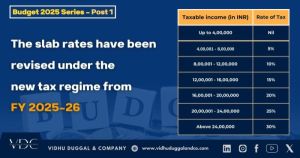
546 Likes